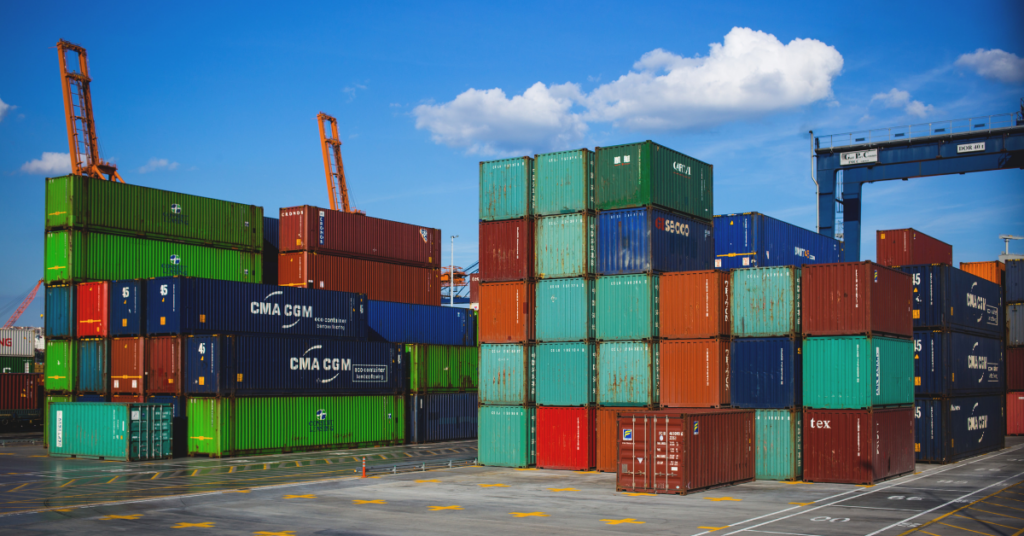
Increasing the involvement of micro, small, and medium-sized enterprises (MSMEs) in public procurement is crucial for a thriving economy. Many governments recognise the significant potential of MSMEs and are actively working to create a more inclusive procurement landscape. One key strategy is simplifying the tendering process. Complex application forms and stringent requirements often act as barriers to entry for smaller businesses, lacking the resources of larger corporations. Streamlining these processes, making them more accessible and transparent, is a vital step towards achieving greater MSME participation.
Targeted procurement policies can significantly boost MSME involvement. Setting aside a specific percentage of government spending for procurement from MSMEs, for example, provides a guaranteed market share. This helps smaller enterprises secure contracts and grow their businesses. Furthermore, initiatives focused on capacity building and mentorship play a critical role. Providing training in areas such as financial management, bidding processes, and contract negotiation empowers MSMEs to compete more effectively for public contracts. Access to finance is another significant hurdle, and governments can help by offering tailored financial support programs and guarantees to reduce the risk for lenders.
Another important aspect is promoting collaboration between MSMEs and larger companies. This can take the form of subcontracting opportunities, where larger firms involved in public procurement projects engage MSMEs to supply goods or services. Such partnerships not only benefit the MSMEs by providing access to larger contracts but also enhance the efficiency and competitiveness of the entire procurement process. The aim is to foster a sustainable ecosystem where MSMEs can thrive and contribute meaningfully to the overall success of government projects. For example, a goal of 42% of government spending on goods and services being awarded to MSMEs by FY25 is ambitious but achievable with the right support mechanisms in place.
Effective monitoring and evaluation are also essential. Regular assessments of procurement policy and its impact on MSME participation are necessary to identify areas for improvement and ensure the initiatives are achieving their intended goals. This continuous improvement approach is crucial to creating a truly inclusive public procurement system that empowers MSMEs and contributes to a more robust and dynamic economy. Open data and transparency regarding procurement processes can further improve trust and encourage greater participation from smaller enterprises.
Numerous governments employ a range of initiatives to actively support MSME participation in public procurement. These include dedicated procurement portals designed to simplify the tendering process for smaller enterprises. These portals often provide clear guidelines, templates, and resources, lowering the barrier to entry for businesses that may lack the expertise or resources of larger corporations. This streamlined approach promotes transparency and fairness, encouraging wider participation.
Financial assistance plays a crucial role. Many governments offer grants, loans, and loan guarantees specifically targeted at MSMEs bidding for public contracts. These financial instruments help mitigate the risks associated with bidding and project execution, providing much-needed capital for smaller enterprises to invest in their capabilities and compete effectively. Furthermore, governments often provide access to mentorship and training programs to enhance the business acumen of MSMEs, helping them navigate the complexities of public procurement.
Targeted procurement policies, such as setting aside a percentage of government spending for MSMEs, are increasingly common. A target of 42% of government spending on goods and services being awarded to MSMEs by FY25, for example, demonstrates a clear commitment to inclusive procurement. This policy ensures that MSMEs receive a guaranteed share of public procurement contracts, fostering their growth and development. Such initiatives create a more level playing field and encourage competition among a wider range of businesses.
Beyond financial aid and quotas, governments invest in capacity-building initiatives. These initiatives often include workshops and training programs focusing on areas crucial for success in public procurement. These might cover topics such as developing strong proposals, effective financial management, and understanding contract law. This support empowers MSMEs to better compete for contracts, improving their chances of securing them and ultimately contributing to a more robust and diverse supplier base within the public procurement landscape. Regular reviews of procurement policy ensure these initiatives remain effective and adaptable to the evolving needs of MSMEs.
The economic impact of increased MSME participation in public procurement is multifaceted and significant. Firstly, it fosters economic growth by stimulating job creation and boosting overall productivity within the MSME sector. More contracts awarded to smaller businesses translate directly into more employment opportunities, benefiting local communities and reducing unemployment rates. Furthermore, increased competition among suppliers, driven by greater MSME involvement, can lead to lower prices for goods and services procured by the government, resulting in cost savings for taxpayers.
Beyond immediate economic benefits, increased MSME participation contributes to a more resilient and diverse economy. By supporting a wider range of businesses, public procurement policies reduce reliance on a small number of large corporations. This diversification strengthens the economy’s ability to withstand economic shocks and promotes innovation. MSMEs are often more agile and adaptable than larger firms, leading to quicker responses to changing market demands and increased innovation within the public sector.
Looking ahead, the future outlook for MSME participation in public procurement is promising, particularly with the continued focus on inclusive procurement policies. The ambitious goal of 42% of government spending on goods and services being awarded to MSMEs by FY25, if achieved, would represent a substantial shift towards a more equitable and dynamic procurement landscape. However, ongoing monitoring and refinement of procurement policy are crucial to ensure these targets are met and the positive economic impacts are realised.
Sustained success requires continuous improvement in government support programs, including financial assistance and capacity-building initiatives. Regular reviews of procurement policy, coupled with feedback from MSMEs, will be vital in identifying and addressing any persistent barriers to participation. Transparency and accessibility in the tendering process, alongside targeted outreach programs, will further encourage broader MSME involvement, ensuring a more inclusive and economically beneficial public procurement system. This inclusive approach will drive economic growth, fostering innovation and creating a more resilient economy.